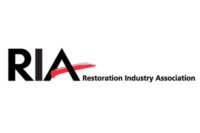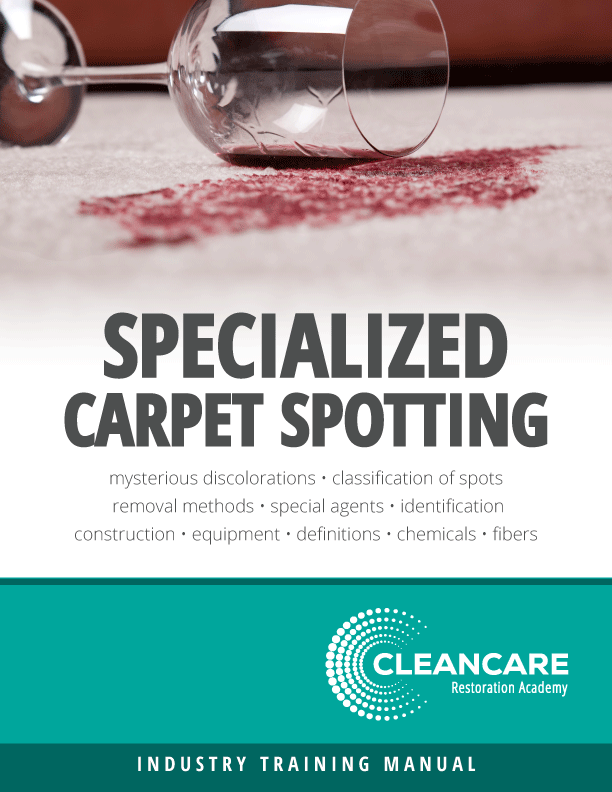Looking to become a CR or WLS? RIA Education is bringing our advanced certification prerequisites courses to the convention! The 2017 RIA Annual Convention will feature the RIA Project and Risk Management, Contents Science and Theory, and a Mold Remediation Refresher courses.
While the Project and Risk Management course is a prerequisite for those pursuing their advanced certifications, either for the Certified Restorer (CR) or Water Loss Specialist (WLS), it is also open to those who want to obtain continuing education credit and advance their professional knowledge. Instructed by one of the industries most decorated trainers, attendees will be able to develop an understanding of the fundamental principles of project management and how to apply them to restoration projects to profitably produce quality products and services within industry accepted parameters and project constraints.
The Contents Science and Theory course content is 98% applicable to anything the restoration professional may encounter, dealing with the science of how to restore personal property damaged due to fire, smoke, flood or disaster. Intermediate to advanced restoration and theory will be covered, plus show-and-tell demonstrations will prepare the more experienced restoration trainee, estimator, or supervisor for evaluating different degrees of damage and selecting methods for safe and effective restoration, be it Contents, furniture, Oriental and specialty rugs or period furniture styles.
Fungal remediation practices and guidelines have changed dramatically in the past year. This one day mold refresher course is designed to provide remediators, consultants, inspectors, and property managers with the latest information on:
- Standards and guidelines promulgated at the national and state levels
- Health effects and potential connection between mold and illnesses
- Engineering controls to improve efficiency when isolating and removing mold contamination
- Efficient methods for dealing with complex remediation problems such as crawlspaces, vaulted ceilings, contents, etc.
- Pro-active management of the project through quality control efforts including post-remediation evaluation techniques





Report Abusive Comment